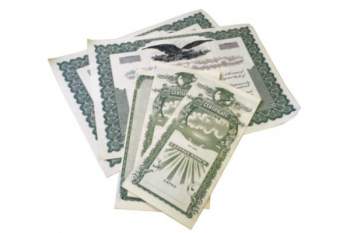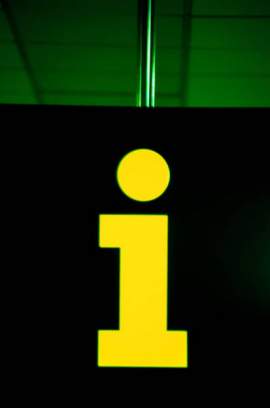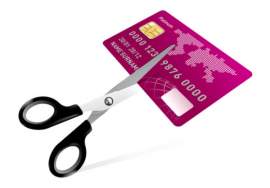
What Are Secured Bonds

Related Forms
Schedule B - Personal Property
Schedule C - Property Claimed as Exempt
Schedule D - Creditors Holding Secured Claims
Schedule E - Creditors Holding Unsecured Priority Claims
Schedule F - Creditors Holding Unsecured Nonpriority Claims
Schedule G - Executory Contracts and Unexpired Leases
Schedule I - Current Income of Individual Debtor(s)
Schedule J- Current Expenditures of Individual Debtor(s)
Summary of Schedules (Includes Statistical Summary of Certain Liabilities)
View All
An individual may purchase a secured or unsecured bond from an corporation. When a corporation issues a secured bond, it is guaranteeing repayment through the use of collateral. The agency offers its valuable assets as collateral in the event that it goes bankrupt and is unable to compensate a lender for his/her investment. Because of this, many individuals feel more assured buying a secured bond, despite the fact that unsecured bonds generally yield a higher profit.
If the business does experience financial
hardships and is unable to pay its debts, secured bonds will ensure that
investors receive at least a portion of their investment back. The agency's
assets will be sold in order to compensate the lenders for their
investments.
There are many different types of secured bonds that a consumer may purchase. For example, mortgage bonds utilize a corporation's headquarters and equipment as collateral. In the event that it is unable to pay its debts, the plant or the building that was worked out of will be sold, along with any other valuable assets or resources. The profit from these sales will be distributed amongst lenders who purchased these secured bonds.
Secured bonds present consumers with an option for a safe investment and an effective way to make extra money over a period of time. An individual who is looking to make a profit on a sum of money and is not in need of this profit immediately (i.e. is using as part of retirement planning) should consider purchasing a secured bond.
NEXT: What is Annual Percentage Rate




















